Carotenoids for UV Skin Protection
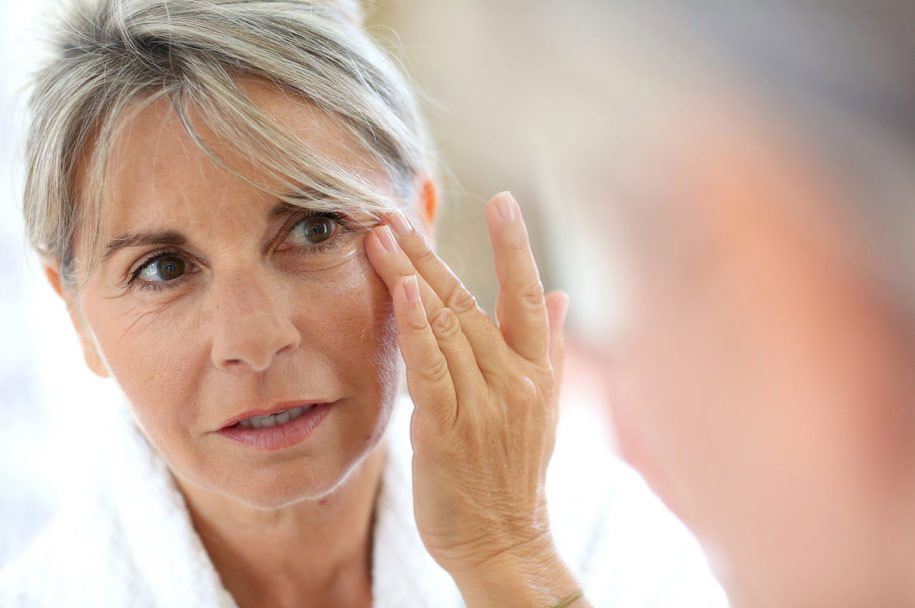
Ultraviolet (UV) radiation is one of the most important daily environmental hazards that your skin encounters. UV radiation causes UV damage in the skin, which includes: tissue injury and cutaneous inflammation (collectively known as ‘sunburn’), premature aging of the skin called photoaging (which includes wrinkles and pigmentation), general immune suppression, and even skin cancer.
The underlying cause of UV damage is the damage inflicted upon cells, and the resultant generation of reactive oxygen species, also known as “free radicals”. Usually, these free radicals are rapidly chewed up and neutralized by antioxidants present in the body, in the immediate vicinity of the UV insult. However, once this antioxidant defense is depleted, free radicals proceed to cause harm by oxidising and damaging lipids, proteins and DNA.
Our most obvious means of UV protection are limiting sun exposure, wearing protective clothing, and using sunscreens. But in recent years, endogenous (i.e. from within the body) UV protection from carotenoids has come into considerable attention.
Research has shown that nutritional bioactive carotenoids can provide important additional protection against the damaging effects of UV radiation. Carotenoids such as ß-carotene, lycopene, zeaxanthin and lutein have potent antioxidant function, and are among the most effective naturally-occuring scavengers of free radicals.
Additionally, because carotenoids are efficiently distributed to the skin, they are able to participate in significantly boosting the skin’s inherent antioxidant abilities.
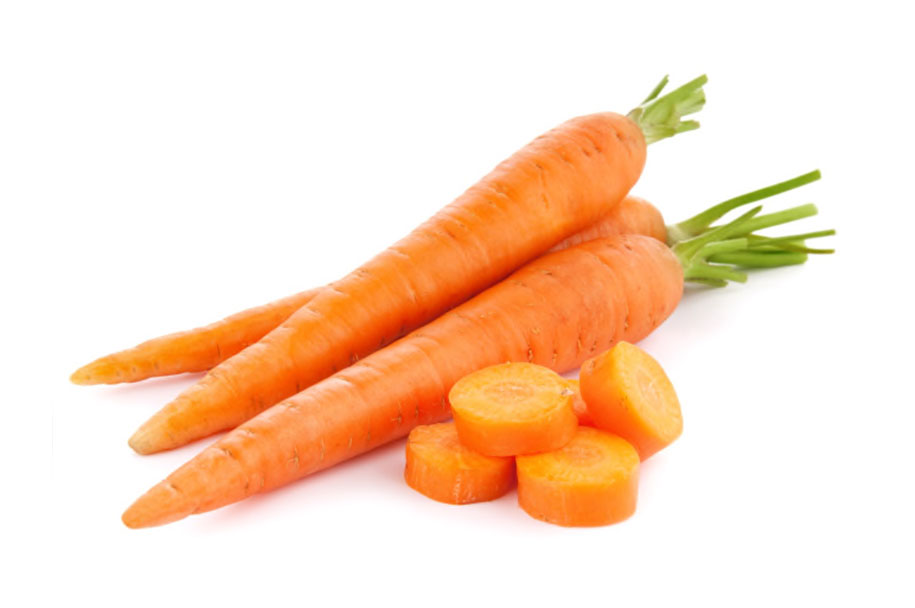
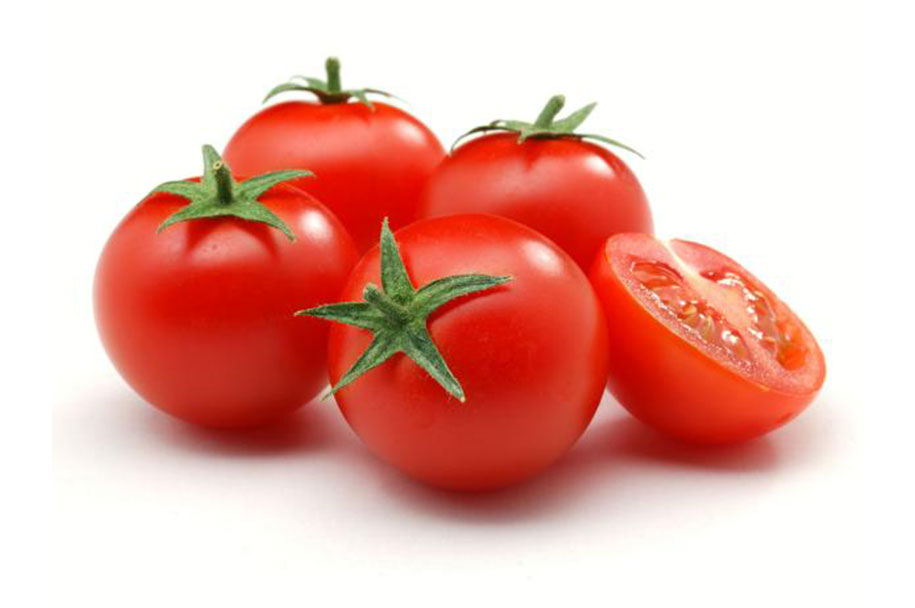
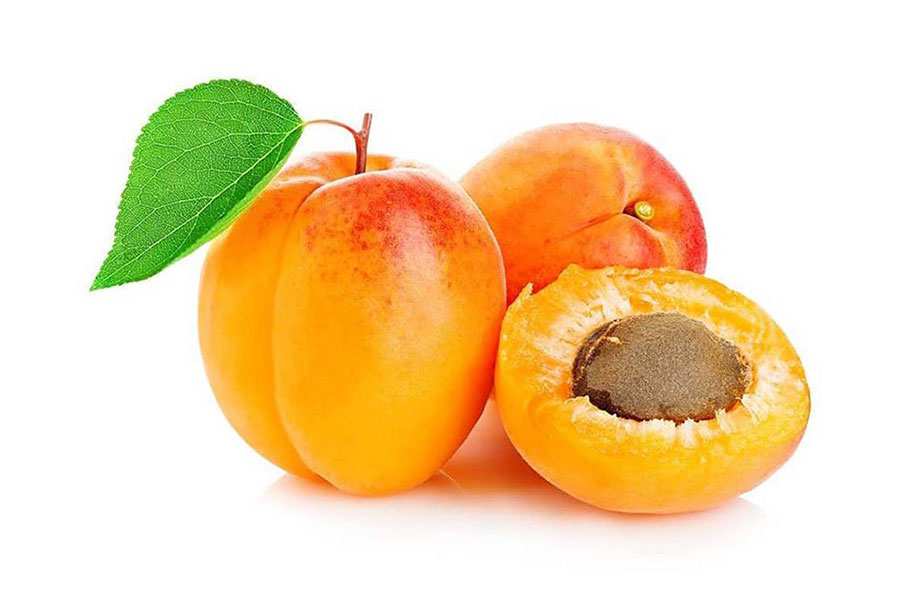
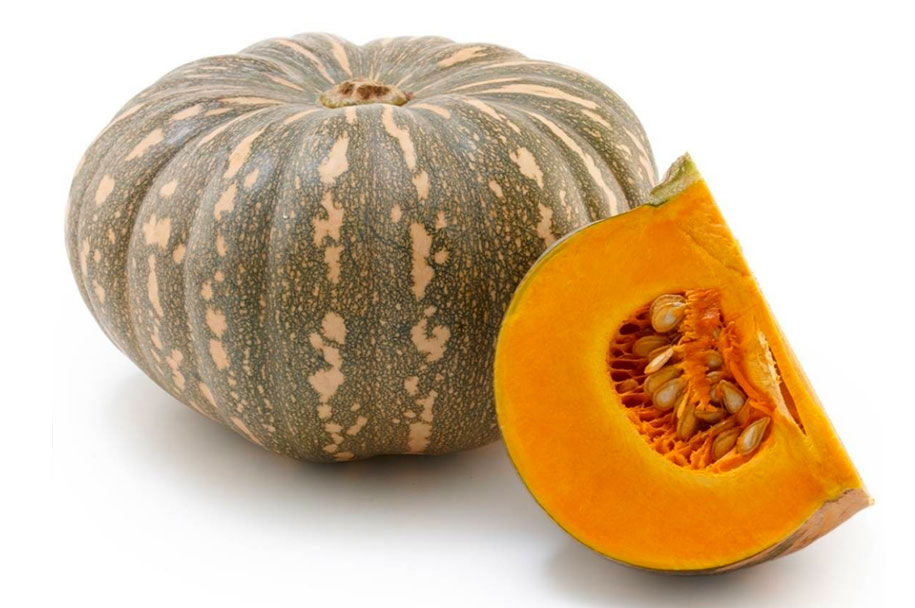
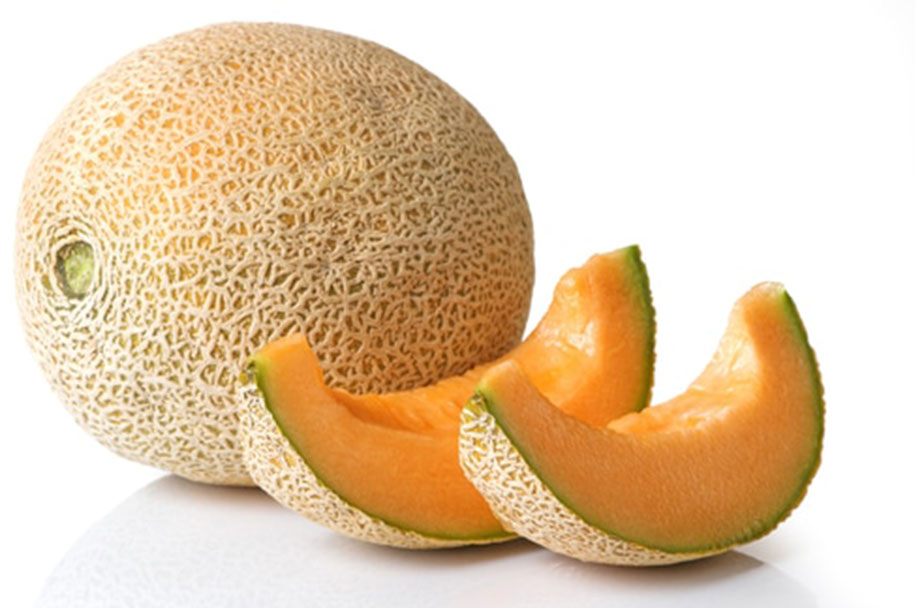
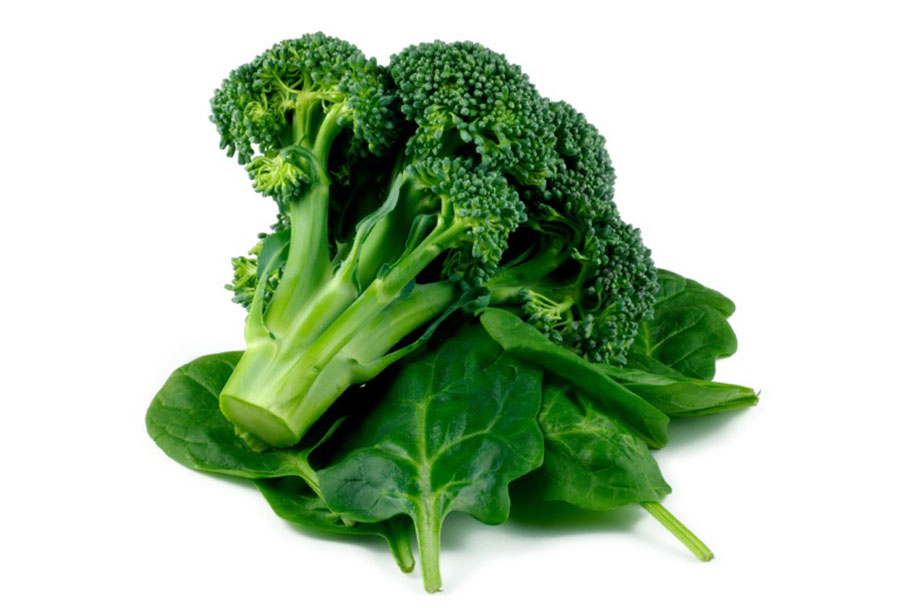
Studies show that in order to achieve effective UV protection, a daily dose of 20mg for a minimum of 10 continuous weeks is needed. Sources of carotenoids would include: carrots, tomatoes, tomato-based products e.g. tomato paste, sweet potato, cantaloupe, apricots and pumpkin. It is also present in green leafy vegetables especially spinach and broccoli. A valuable tip is that these foods are fat soluble and will be better absorbed better when combined with dietary fat.
Admittedly, UV protection from nutritional carotenoids is comparatively much lower than that of topical sunscreens. Also, nutritional carotenoids do require religious ingestion over a long time in order to become effective.
However from a lifelong viewpoint, carotenoid supplementation is a most useful addition to your overall UV protection – think of the times where your topical sunscreen may have worn off, or you may simply have forget to apply any. For any skin-conscious individual, carotenoids are therefore a worthwhile consideration to add to the daily diet. After all, what a simple and inexpensive measure it is, for the multiple payoffs of staving off sunburns, aging, poor immunity and cancer!
Written by: Tricia WL Lee Reviewed by: Dr Janice Khoo
